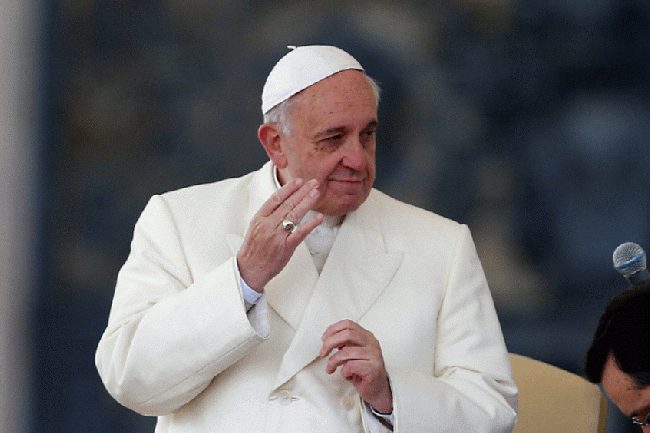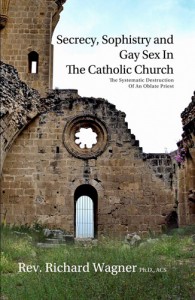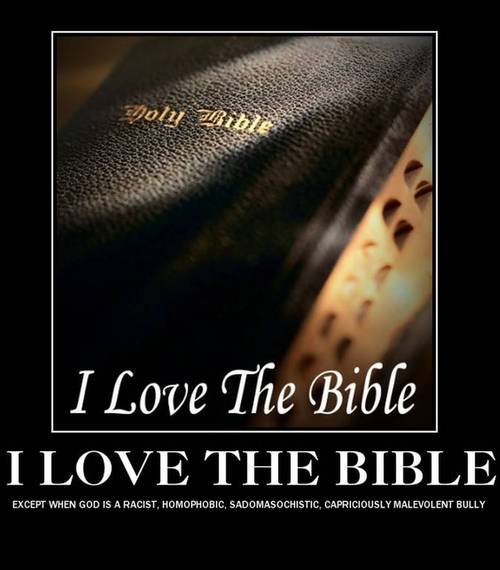UN panel confronts Vatican on child sex abuse by clergy
The Vatican is being confronted publicly for the first time over the sexual abuse of children by clergy, at a UN hearing in Geneva.
Officials faced a barrage of hard questions such as why would they not release full data and what were they doing to prevent future abuse.
Archbishop Silvano Tomasi said such crimes could “never be justified” and every child should be “inviolable”.
A fellow official said “things need to be done differently”.
The Vatican earlier refused a request from the UN’s Committee on the Rights of the Child (CRC) for data on abuse, and was accused of responding inadequately to abuse allegations.
The Vatican came to Geneva expecting a rough ride and so far it is getting one, the BBC’s Imogen Foulkes reports.
Victims say they hope the hearing, which is being broadcast live, will prompt the Church to end its “secrecy”.
Pope Francis announced last month that a Vatican commission would be set up to fight sexual abuse of children in the Church.
The Holy See is a signatory to the UN Convention on the Rights of the Child, a legally binding instrument which commits it to protecting and nurturing the most vulnerable in society.
It ratified the convention in 1990 but after an implementation report in 1994 it did not submit any progress reports until 2012, following revelations of child sex abuse in Europe and beyond.
‘No cover-ups’
Members of the CRC asked about the Church’s practice of moving priests suspected of abuse and allegations that it had concealed such abuse.
Why, it was asked, did the Vatican continue to describe such abuse as an offence against morals rather than a crime against children?
“Does the Holy See believe that paedophilia is something that can be successfully overcome?” was one question.
How, the Vatican was asked, did it go about training priests for work with children? What oversight was in place for Catholic institutions such as schools?
“The best way to prevent new offences is to reveal old ones,” one of the questioners said.
Archbishop Tomasi, who is the Vatican’s envoy to the UN, said that it was important to note that priests were “not functionaries of the Vatican but citizens of their countries and fall under the jurisdiction of their own countries”.
Bishop Charles Scicluna, the Vatican’s former chief prosecutor of clerical sexual abuse, insisted it was “not the policy of the Holy See to encourage cover-ups”.
But he added: “The Holy See gets it that there are things that need to be done differently.”
Archbishop Tomasi said no profession was immune from producing sex offenders but the fact that there were cases in the Church was very damning: “Abusers are found among members of the world’s most respected professions, most regrettably including members of the clergy and other church personnel.
“This fact is particularly serious since these persons are in positions of great trust and they are called to levels of service that are to promote and protect all elements of the human person, including physical, emotional and spiritual health.”
‘We request justice’
While Thursday’s questions were numerous and far-ranging, they were asked in blocs, with the Vatican delegation given time to retire to prepare its answers.
Observers vented frustration at the lack of specific answers.
“Holy See: ‘We get it’ in UN review on child sexual abuse Catholic Church,” wrote the children’s rights watchdog CRIN in a tweet. “Do you? Why then don’t you make statistics public?”
Barbara Blaine, president of a group representing US victims of abuse by priests, told BBC News that the hearing had brought “hope to victims across the globe”.
But it would also stand, she said, as a “record of how the Church officials refused to answer the questions, how they claim to be open and transparent, and yet they don’t live up to that ideal”.
The hearing in Geneva was welcomed by Teodoro Pulvirenti, an Italian who was abused by a priest as a teenager in Sicily.
Mr Pulvirenti, who now lives in the US, told the Associated Press it was time for the Vatican to end its “secrecy” over a global sex abuse scandal.
“I’m not coming out against the Vatican and I don’t want the Church to think the victims are against the Church, against the Vatican,” Mr Pulvirenti said. “We are standing up for our own survival, but we request justice.”
Complete Article HERE!
‘Comfortable being gay’: a priest speaks
An Irish priest who has come out to many friends and colleagues says that he is ‘happy in his life’ and that the Catholic Church’s teaching on sexuality needs to change
by Patsy McGarry
He asks to be described as a religious-order priest comfortable with his sexuality. He is gay. It is “one aspect of his life”. He doesn’t like the term “gay priest”. Before this interview he pondered whether to let us publish his name. But, he realised, “I don’t have any desire to make a major dramatic statement. It doesn’t define me, and I don’t want to be defined by it. I don’t want to draw huge attention.”
A few years after his ordination he began to tell people about his sexuality. “I began to open up to friends and colleagues. Then it got to the point where I got tired telling. The need went away. Anyone who needs to know knows. It’s not an issue.”
He has been aware of his orientation since puberty. It played a part in his realising he had a vocation to the priesthood. “Despite the [church’s] negative teaching I never had the sense that God didn’t love me.”
In his teens he “used to call into the church on the way home from school. It was the one place where I could be myself. God knew who I was. My sense of a calling had its seeds there.”
He also realised that priesthood was “a way of doing something worthwhile without declaring orientation”. He feels he was lucky being an order priest when it came to formation. There was “none of the narrow-mindedness” he associated with the seminary in Maynooth. He and fellow students had “more freedom within the self. There was never a negative message. It was very broad-minded.”
While not spelling out issues around their own sexuality, they were encouraged to be “as open as we could be” and “to grow in relationships”. It helped too that he could read the works of contemporary moral theologians who wrote compassionately about homosexuality.
He came to realise some colleagues shared the same orientation but “very few were naming it as gay, but many were and still are, in hindsight.”
He agrees with former president Mary McAleese, who said in a Glasgow Herald interview, published last Tuesday, that significant numbers of Catholic priests are gay.
As a priest he has preached sympathetically about gay people and challenged the church’s teaching on homosexuality and its treatment of gay people. He was called in by a bishop once for doing so. In the main he has experienced no problems from the laity when he does so, apart from a few right-wing Catholics.
Running away
He believes that for some colleagues who share his orientation, becoming a priest was about “running away from sex while having a role and status in life”. Indeed, he felt that “probably a lot of men and women, gay or straight”, who became priests or nuns, “were running away from sexuality”.
But “if that is their primary reason, it is not enough unless you are willing to become comfortable with yourself”. Failure to achieve this comfort is why some clergy became “angry, short [with people], bitter”, he believes.
Accepting himself as he is has contributed positively to his sense of vocation. “I know the margins. I know the edges, the fear of rejection, insult. I know what those experiences are like. If you grow, be honest, be true; that can be positive when dealing with other people on the margins,” he says.
In 1986 in a Vatican document the then cardinal Joseph Ratzinger described homosexuality as “a more or less strong tendency ordered towards an intrinsic moral evil; and thus the inclination itself must be seen as an objective disorder”.
Complete Article HERE!
Archbishop faces trial in Vatican over teenage ‘rent boys’
A POLISH archbishop could become the first cleric to be put on trial by the Vatican for alleged child abuse.
It was announced at the weekend that Josef Wesolowski was under criminal investigation as a citizen of the Holy See.
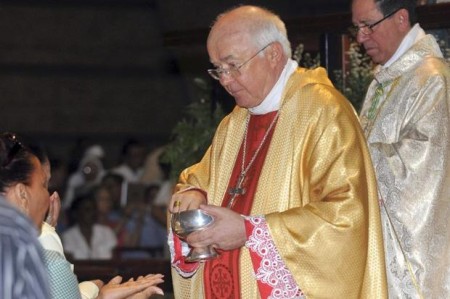 If Vatican prosecutors proceed with the case, Archbishop Wesolowski faces the prospect of an unprecedented sex-abuse trial in a Vatican court and even imprisonment in the city state’s tiny jail.
If Vatican prosecutors proceed with the case, Archbishop Wesolowski faces the prospect of an unprecedented sex-abuse trial in a Vatican court and even imprisonment in the city state’s tiny jail.
The case will be a major test for the Pope, who has announced he plans to set up a committee to try to remedy the problem of child abuse by Catholic clergy.
Not only was Archbishop Wesolowski an official representative of the Pope, he was also ordained a priest and bishop by his fellow Pole, John Paul II, who is to be made a saint in April.
Complete Article HERE!
Archbishop Wesolowski was recalled to Rome from his post as papal nuncio in the Dominican Republic in August after a television expose accused him of hiring teenage “rent boys”.
The NCDN channel alleged the Vatican ambassador was known as “Jusepe” among the boys who frequented a known pick-up area in the Plaza de Montesinos in the capital, Santo Domingo.
A 13-year-old shoeshine boy said Archbishop Wesolowski paid him several times to masturbate while filming him on his mobile phone.
The boy alleged that the nuncio sometimes took up to five boys together to a house where he masturbated them.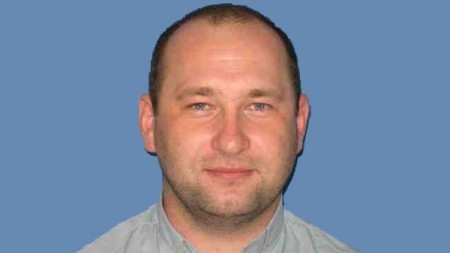
The program showed the Vatican diplomat walking along the waterfront in the area, drinking a beer by himself.
A second Polish cleric in the Dominican Republic, Father Wojciech Gil, a friend of the former nuncio, faces similar allegations, which he denies.
The Vatican has refused to disclose the whereabouts of Archbishop Wesolowski since his recall. The church says, however, that he is “at the disposition of his superiors”.
As a former papal nuncio and a citizen of the Holy See, Archbishop Wesolowski has diplomatic immunity and cannot be extradited from the Vatican City State.
He faces two investigations, one canonical and one criminal. Canon law convictions can result in defrocking while breaches of the Vatican’s criminal code can carry jail terms.

